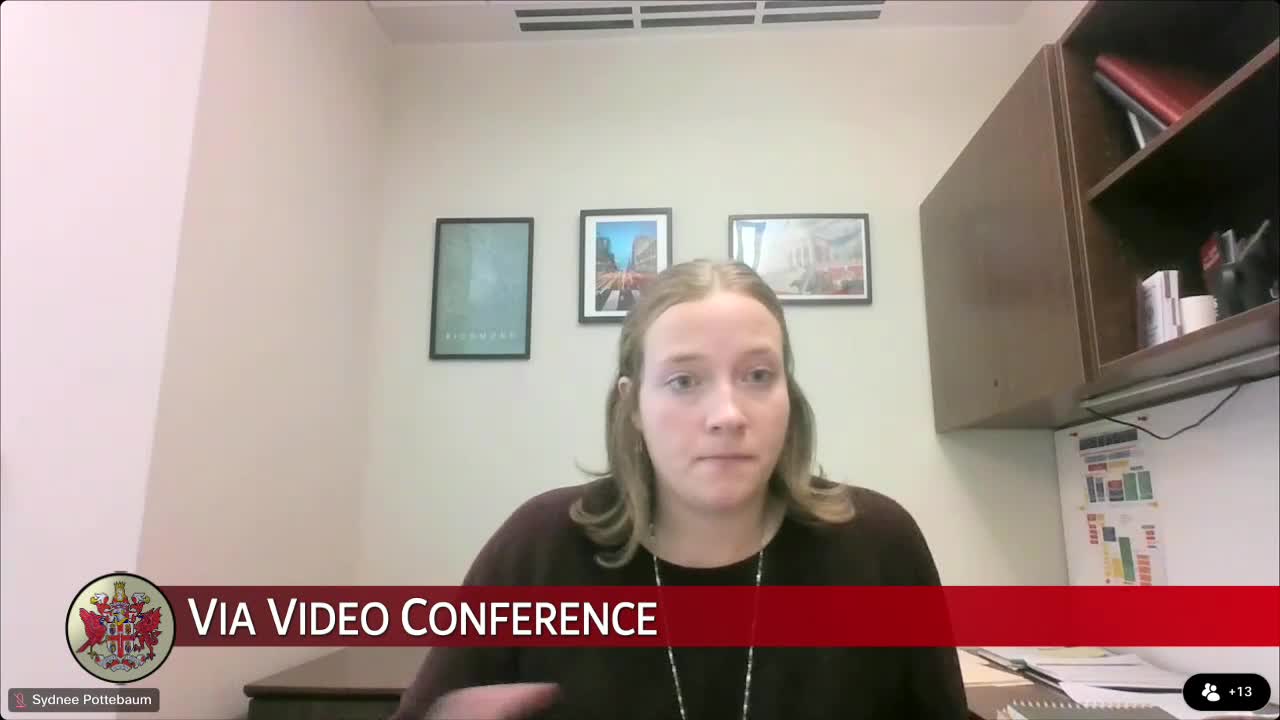Article not found
This article is no longer available. But don't worry—we've gathered other articles that discuss the same topic.
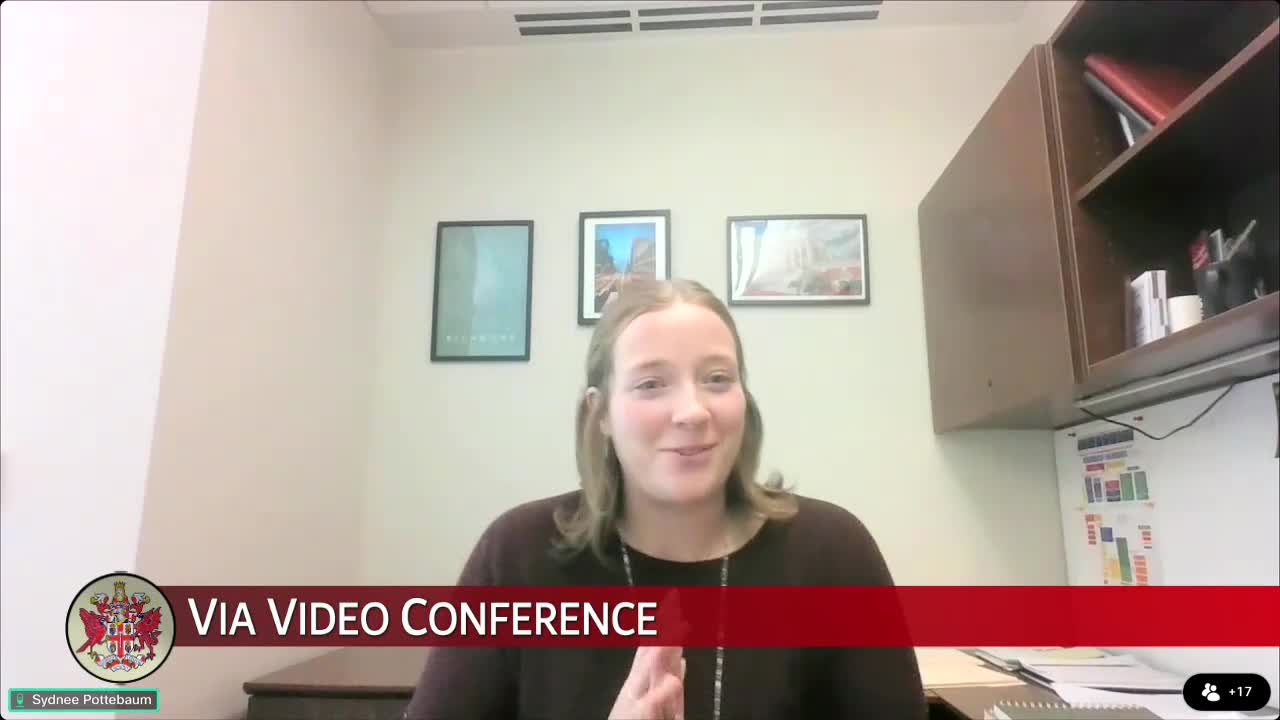
Conservationists urge funding for highway wildlife crossings to cut collisions and protect species
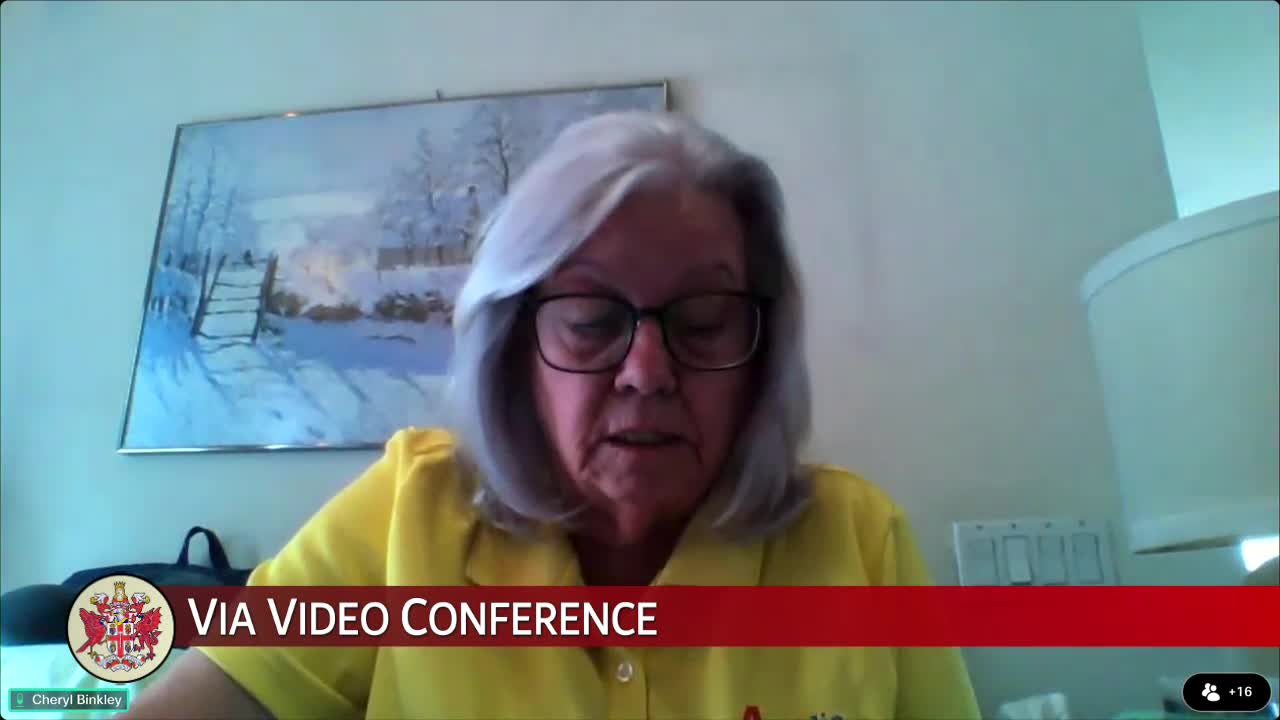
Habitat for Humanity asks lawmakers to restore $10M in pilot funds for mobile home preservation and down‑payment assistance
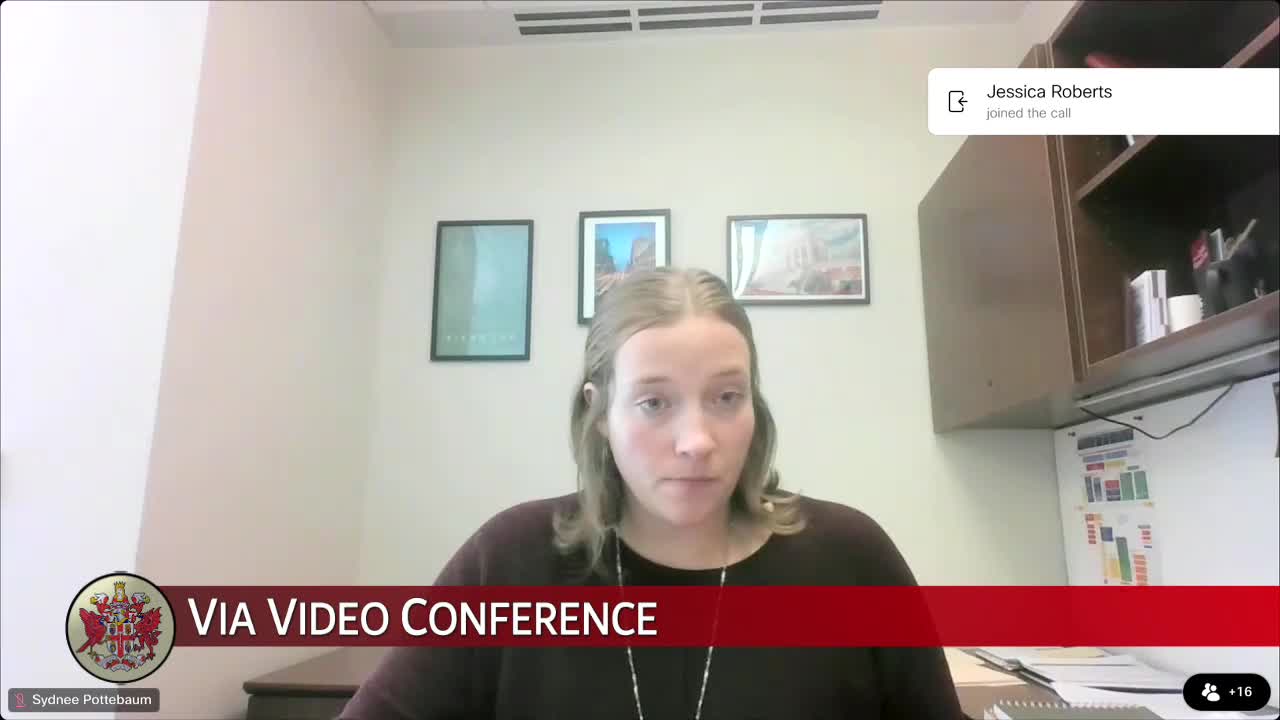
Rappahannock officials urge removal of 2008 cap on supplemental basic aid to restore school funding
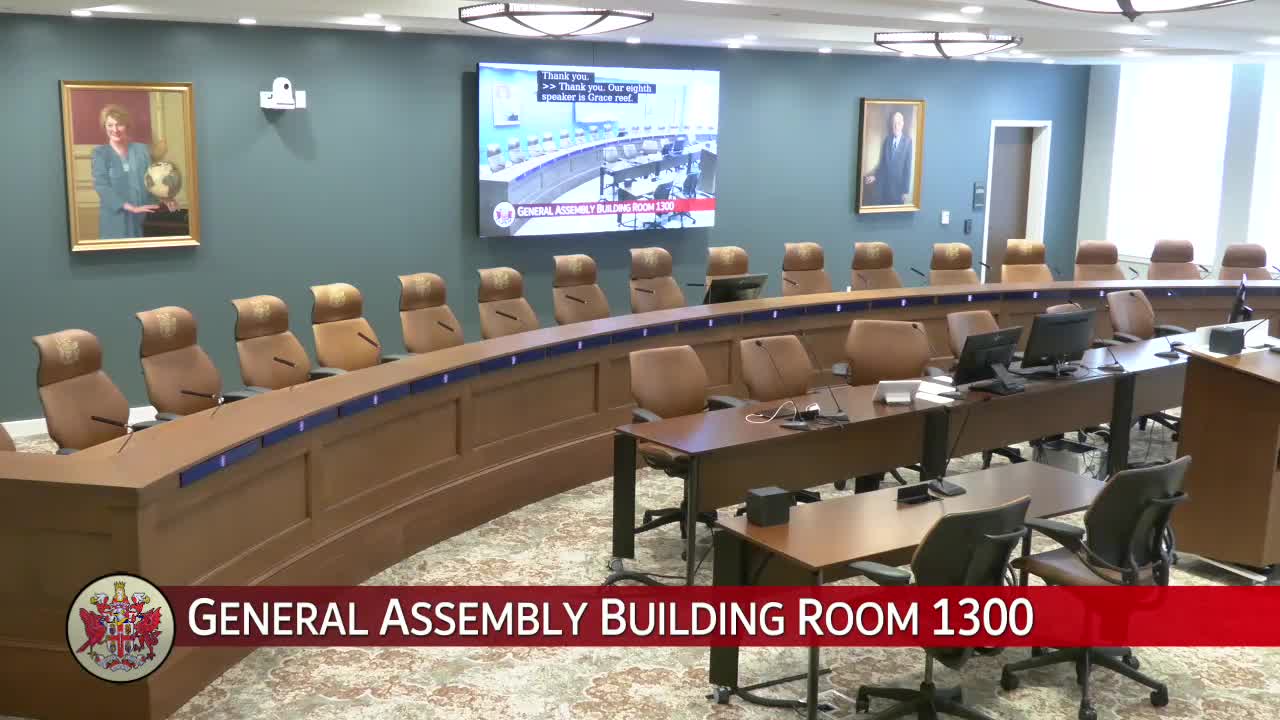
Child Care Aware warns against freezing childcare subsidy intake for school‑age children
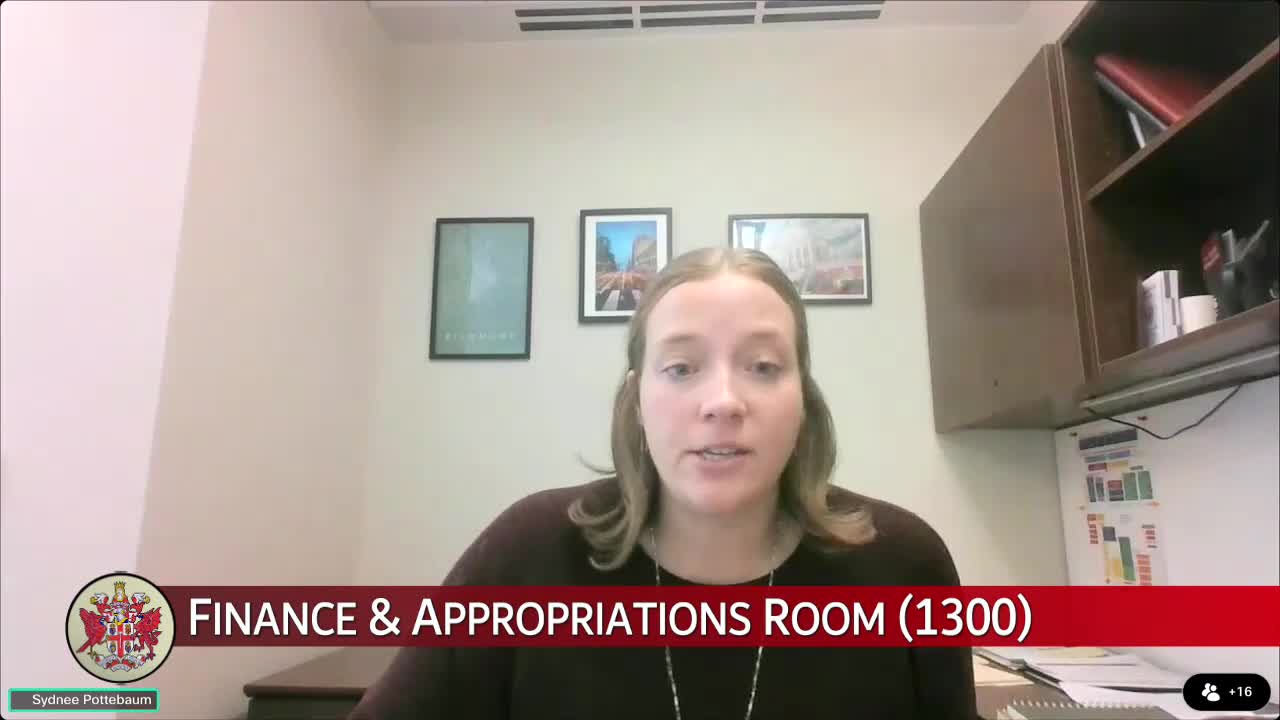
Advocates urge $4.35M for Area Agencies on Aging, sustained RAFT funding and SNAP boost for older Virginians
